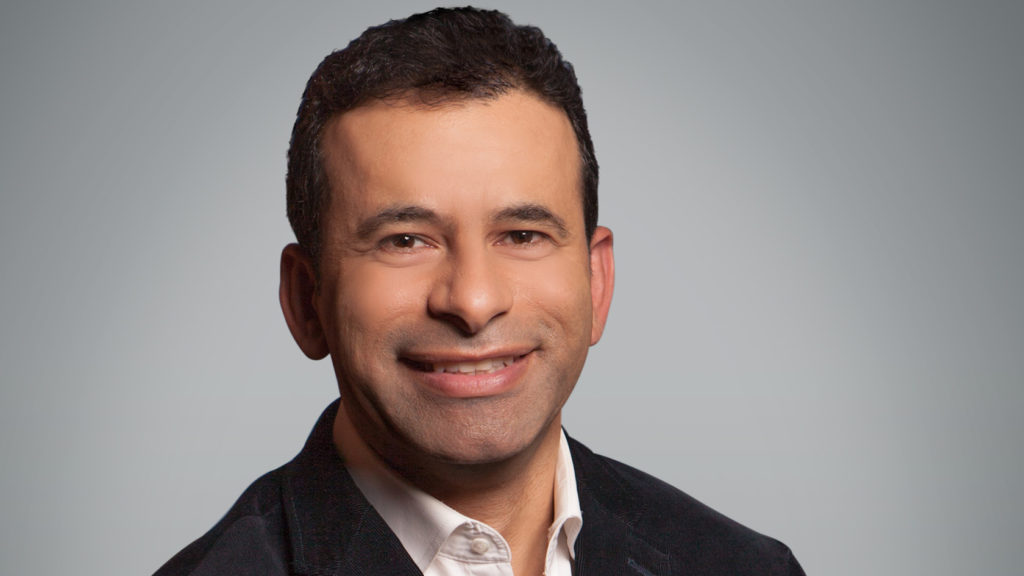Want to stay on top of the science and politics driving biotech today? Sign up to get our biotech newsletter in your inbox.
Morning. Today, we dive into the Trump nominees for various top health postings in the federal government. Also, we talk about how Sarclisa trials highlighted racial disparities in clinical trial composition, and more.
advertisement
The need-to-know this morning
- Merck said Winrevair, its treatment for pulmonary arterial hypertension, significantly reduced the risk of death, lung transplantation, or disease-related hospitalizations compared to a placebo — achieving the goal of a Phase 3 clinical trial.
- Alnylam Pharmaceuticals said the FDA has set an approval decision date of March 23 for vutrisiran, its treatment for the progressive heart disease known as ATTR-CM. At this time, the agency does not plan to convene an advisory committee meeting to review vutrisiran, the company said.
- Cassava Sciences said a Phase 3 study showed its experimental treatment sumifilam failed to slow the cognitive or functional decline compared to a placebo in people with Alzheimer’s disease. The company is also discontinuing a second Phase 3 study.
Weighing in on Trump’s health nominees
President-elect Trump’s intended nominations in health care could signal major shifts for some agencies, particularly the CDC. The presumptive new director, Dave Weldon, is a known vaccine safety skeptic, which is raising alarms given the CDC’s long history of eradicating disease with inoculation. A physician and former Florida congressman, he’s also pushed for “rights of conscience” on abortion.
In contrast, the FDA choice — Johns Hopkins surgeon Marty Makary — has largely been met with relief by experts. Jerome Adams, the surgeon general during Trump’s first term, called him “perhaps the least surprising or controversial of all of Trump’s health picks so far.”
Janette Nesheiwat, a medical doctor and former Fox News contributor, will be nominated to be surgeon general. Unlike other Trump nominees, most notably HHS presumptive chief Robert F. Kennedy Jr., Nesheiwat doesn’t have a history of criticizing vaccines.
advertisement
BridgeBio’s Attruby approved for ATTR-CM
The FDA has approved Attruby, a treatment for transthyretin amyloid cardiomyopathy (ATTR-CM) made by BridgeBio. This is the first significant advancement in the treatment of this dangerous condition in more than five years. Attruby prompted a 42% reduction in mortality and cardiovascular hospitalizations. It’ll be priced at $225,100 per year, which undercuts existing ATTR-CM drugs made by Pfizer.
Vutisiran, an RNA-silencing therapy being developed by Alnylam, is actually expected to surpass Attruby in sales: Analysts forecast vutisiran to ultimately reach $7 billion annually. But the BridgeBio drug’s ability to stabilize proteins will likely allow it to command a subsantial market share, potentially bringing in some $1.7 billion annually.
Singulair linked to severe mental health issues
Singulair, a widely prescribed asthma drug from Merck, may be linked to serious mental health issues including depression and suicidal ideation, U.S. government researchers have found. Lab testing showed that the drug, montelukast, binds to brain receptors associated with mood and cognition, Reuters writes.
Back in 2020, the FDA did add a black box warning to Singulair, saying there were potential neuropsychiatric risks. While the newer studies don’t prove causation, they reinforce reports from patients and families who have experienced severe side effects. Merck spinoff Organon, which markets the drug, said it remains confident in the drug’s safety profile.
Racial disparities highlighted in Sarclisa approval
The severity of racial underrepresentation in clinical trials came front and center after the FDA approved isatuximab, or Sarclisa, for people newly diagnosed with multiple myeloma. IMROZ, the trial underpinning Sarclisa’s approval, approved only 0.9% Black participants, despite the fact that Black Americans comprise of 20% of newly diagnosed multiple myeloma patients, an article in the American Journal of Managed Care points out.
Part of the issue was trial site location: Most patients enrolled in the global study were in Europe, with only a small sliver from North America. Other issues include historical mistrust, socioeconomic barriers, and restrictive eligibility criteria, with Black patients often excluded or overlooked.
“The idea of ensuring that there’s appropriate representation of clinical trials is really of fundamental importance, because the essence of doing a clinical trial is to demonstrate that an intervention is safe and effective in the population that will ultimately receive the drug,” Joseph Mikhael, chief medical officer for the International Myeloma Foundation, told AJMC.

